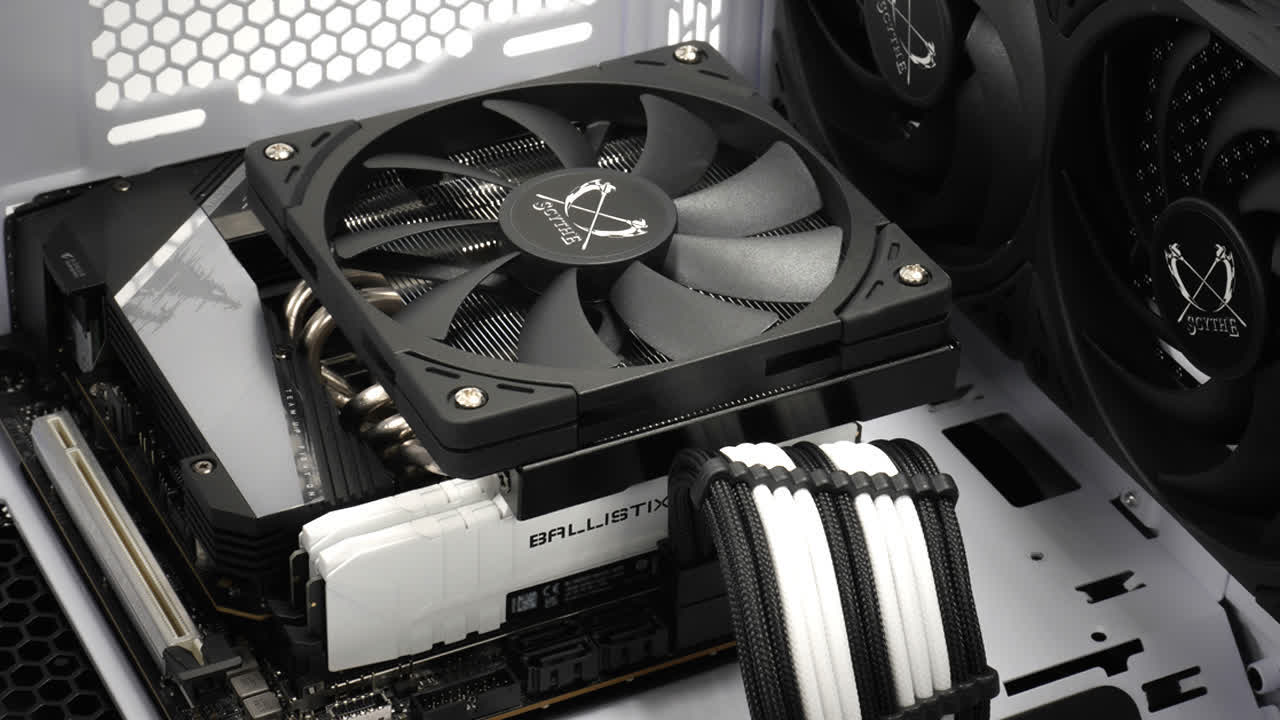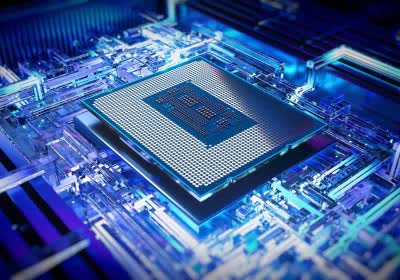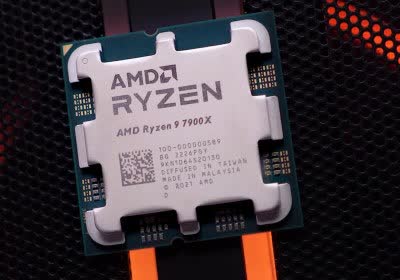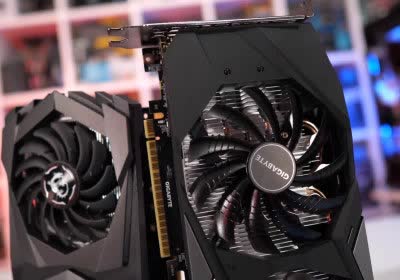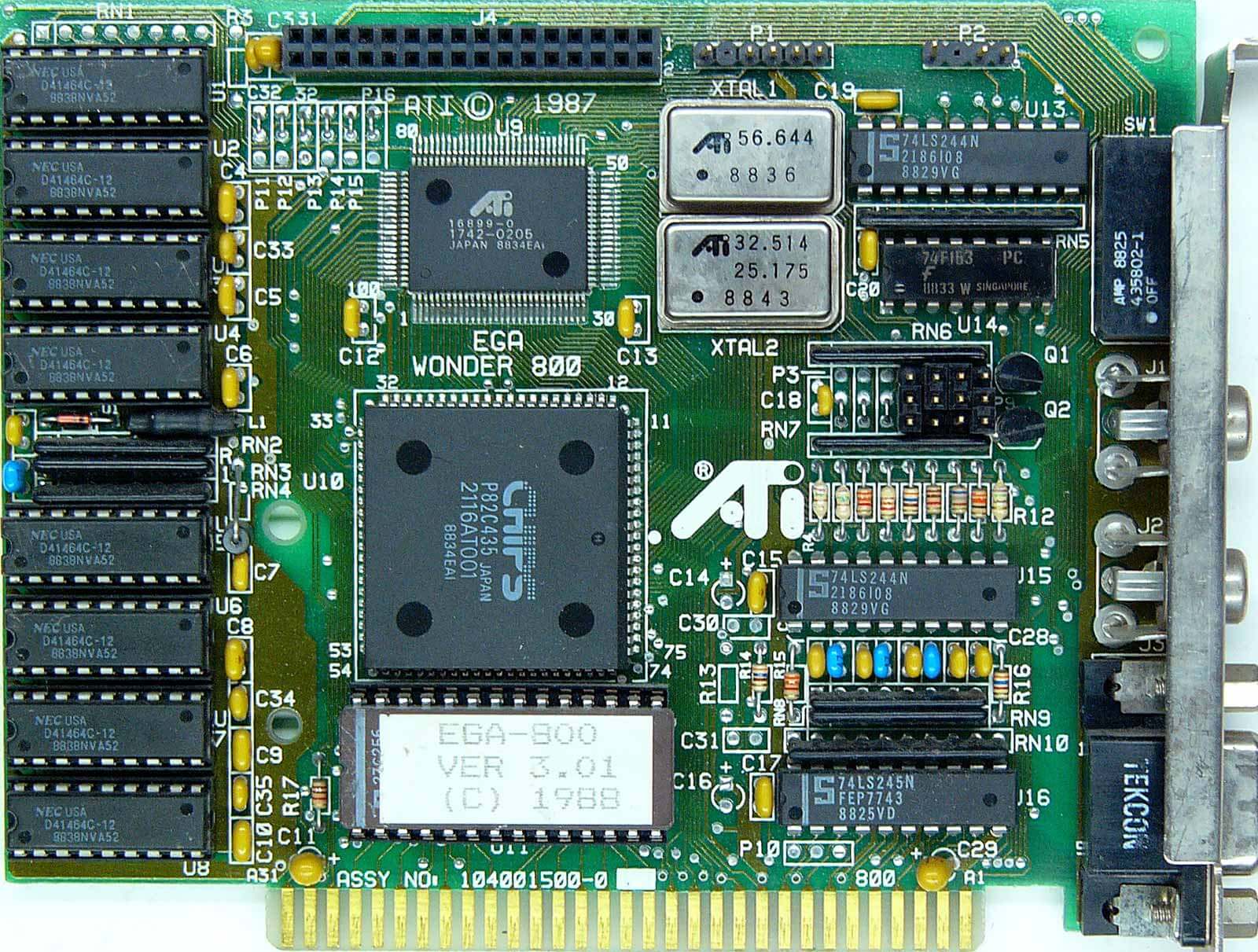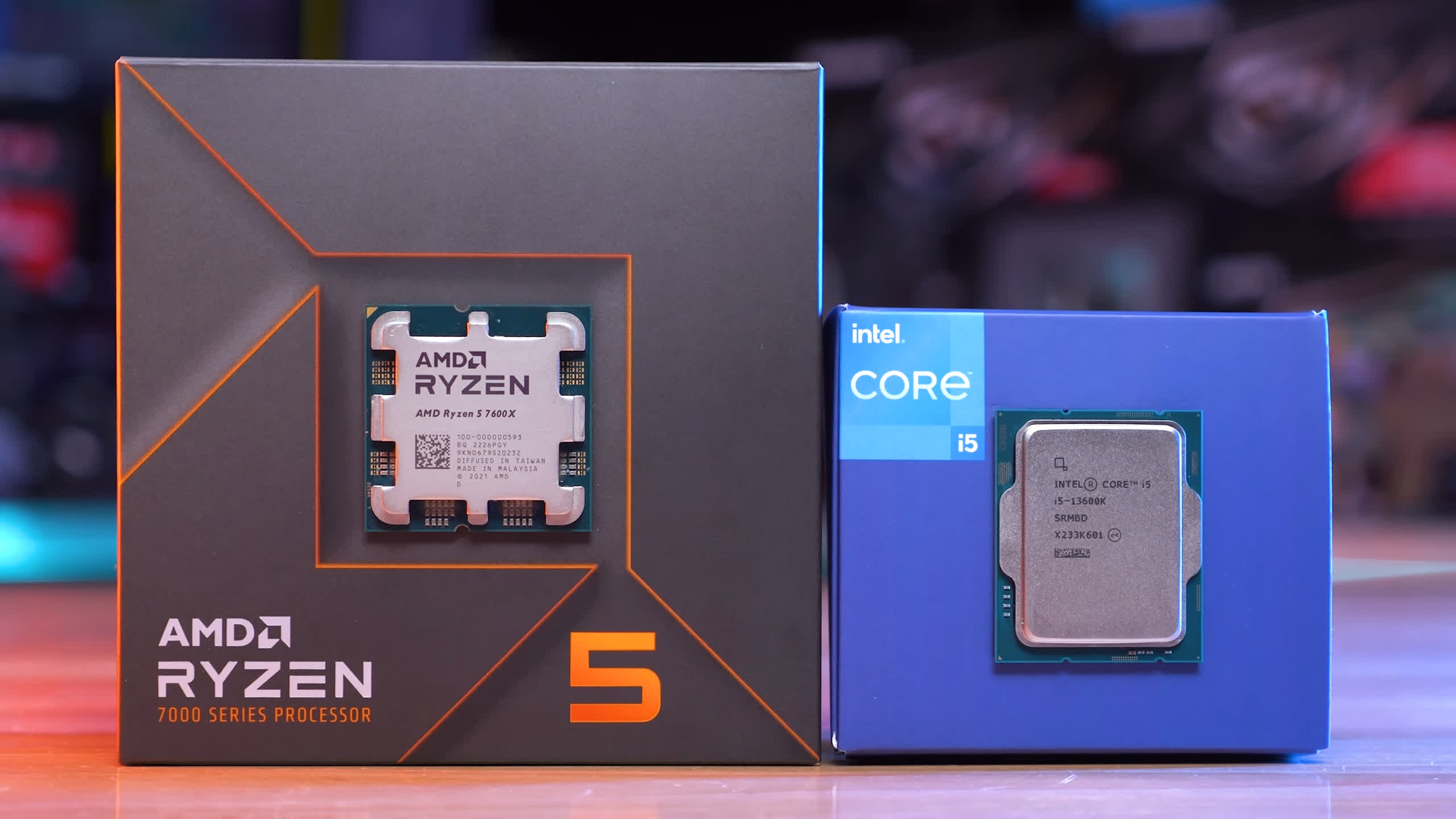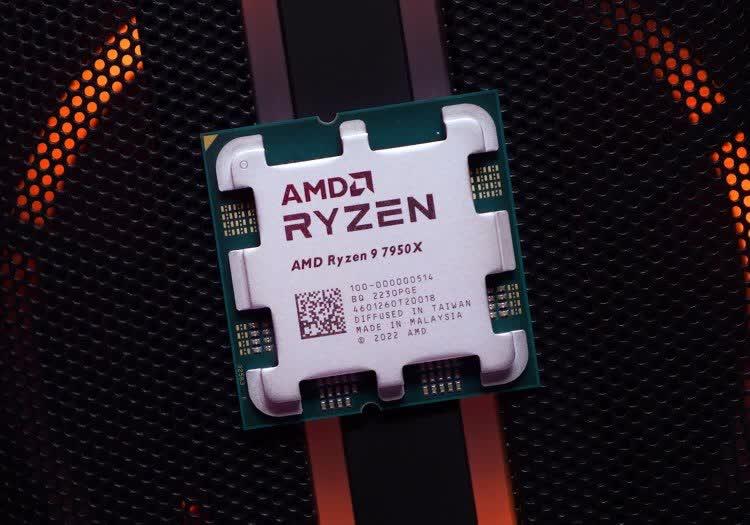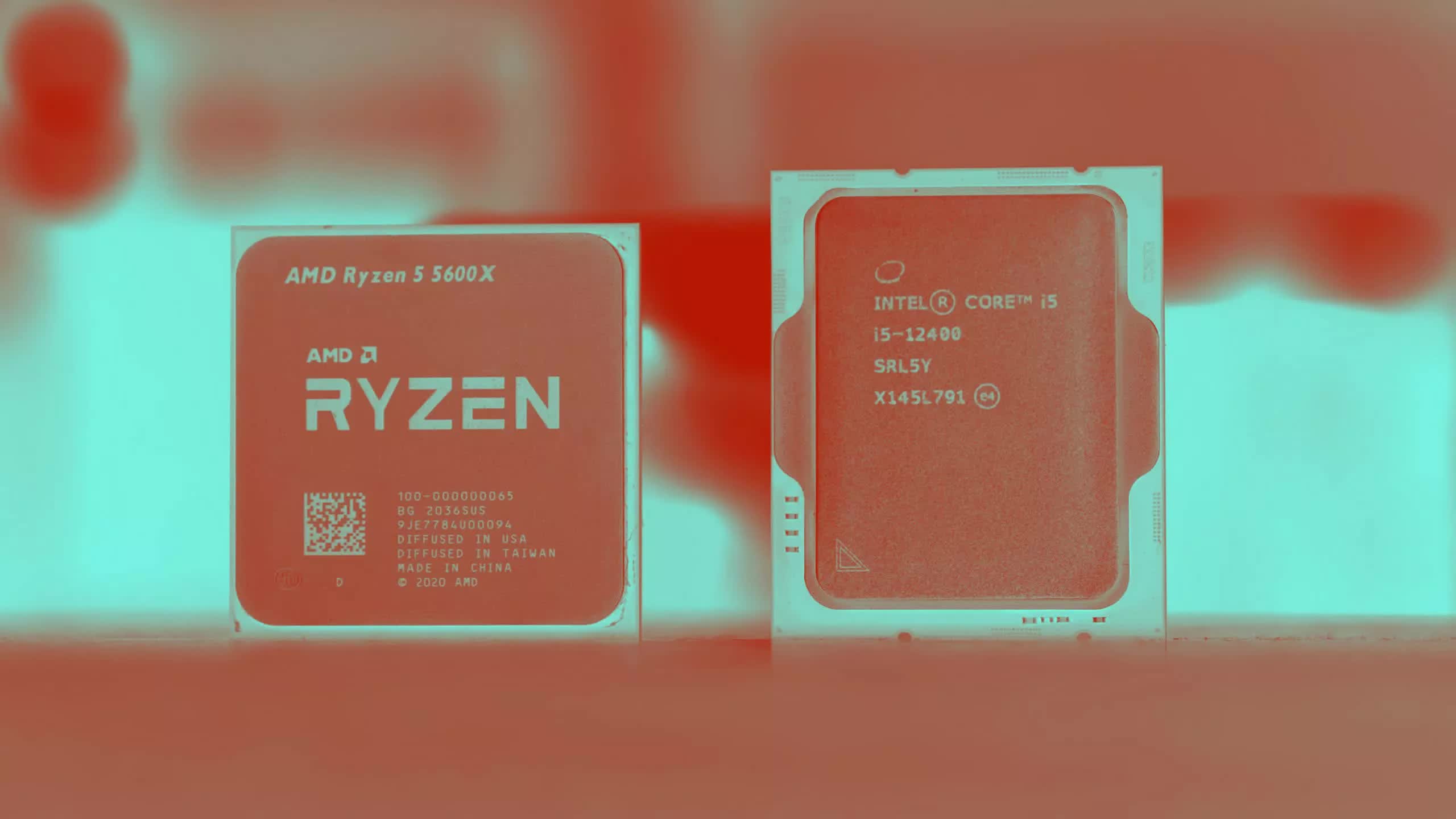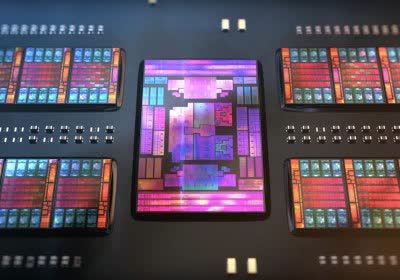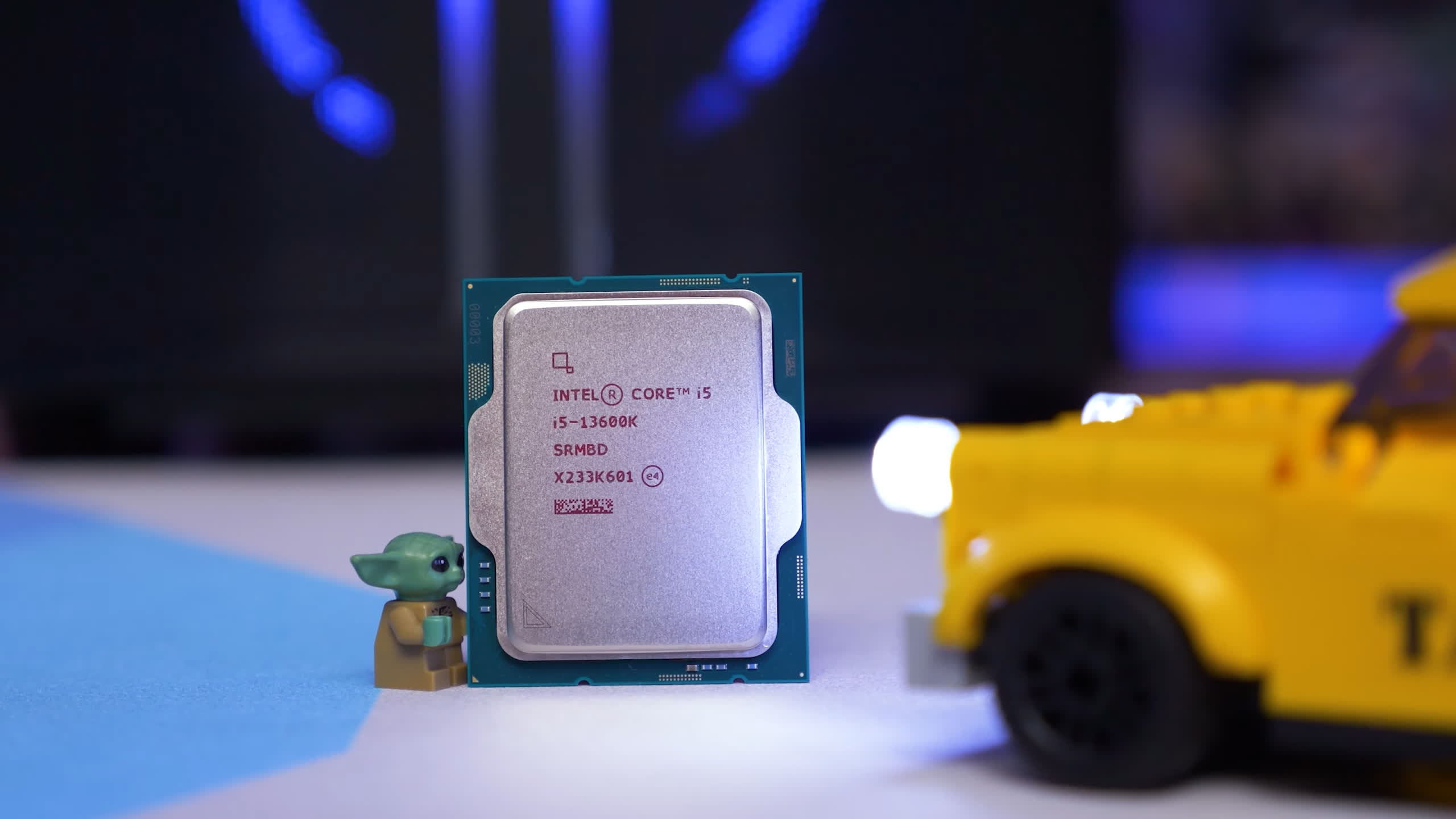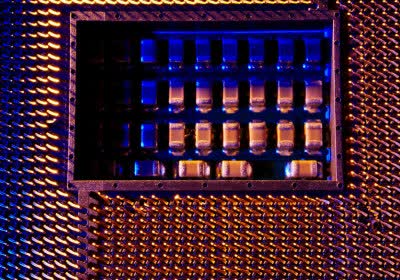TechSpot PC Buying Guide: New-Gen vs. Old-Gen
The PC market has changed tremendously in the past few months. New Ryzen, Intel Core CPUs and high-end GPUs, so should you buy the latest and greatest, or settle for more affordable parts? In this PC Buying Guide update we've included four recommended component lists, meant for different budgets and purposes...
How did TSMC get so good?
The big picture: By now, we are all familiar with the fact that TSMC is, by far, the most capable semiconductor manufacturer in the world, with all the entails for the industry and geopolitics. And as this reality sets in, many people have been asking us how did they get so good?
CPU and GPU SRAM caches are not shrinking, which could increase chip cost or reduce performance
Why it matters: An interesting article posted at WikiChip discusses the severity of SRAM shrinkage problems in the semiconductor industry. Manufacturer TSMC is reporting that its SRAM transistor scaling has completely flatlined to the point where SRAM caches are staying the same size on multiple nodes, despite logic transistor densities continuing to shrink. This is not ideal, and it will force processor SRAM caches to take up more space on a microchip die. This in turn could increase manufacturing costs of the chips and prevent certain microchip architectures from becoming as small as they could potentially be.
Intel Atom successor spotted, an entry-level chip featuring i9-12900K E-cores
China bans export of its Loongson CPUs to Russia
The Best CPU Coolers - Holidays 2022
How should you keep your CPU cool? The more powerful your CPU is, the bigger and better cooler you'll need, but rest assured our guide will cover many great options at every size and price point.
Intel teases Sapphire Rapids workstation CPUs coming "pretty soon"
Call of Duty: Warzone 2.0 CPU and GPU Benchmark
Call of Duty: Warzone 2.0 is a new free-to-play battle royale game and today we're taking a look at CPU and GPU performance with a small variety of PC hardware getting benchmarked.
Intel to launch several new CPUs at CES next month, workstation and data center lineups later
GPU Architecture Deep Dive: AMD RDNA 3, Intel Arc Alchemist and Nvidia Ada Lovelace
Three vendors. Three new architectures. Three approaches to GPU design. Join us as we dive right into their semiconductor hearts and see how Ada Lovelace, Alchemist, and RDNA 3 contrast and compare.
Three Ryzen 7000 X3D CPUs are reportedly on the way, no 6-core variant planned
Amazon AWS extends computing offerings, showcases powerful new Graviton3E chip
A new graphics card tops the Steam survey for the first time since 2018
What just happened? The latest Steam survey has arrived with a big change: a graphics card has knocked the GTX 1060 off the top spot for the first time since January 2018. November was also an excellent period for AMD CPUs, which reversed a months-long trend of declines to grab an almost 4% user share back from Intel.
The History of the Modern Graphics Processor
3D graphics turned a dull PC industry into a light and magic show after generations of innovative endeavor. Here's our extensive look at the history of the GPU, from the early days of 3D, to game-changing hardware and the industry's consolidation.
AMD Ryzen 5 7600X vs. Intel Core i5-13600K: 54 Game Benchmark
Time for a massive benchmark comparison between the Ryzen 5 7600X and Core i5-13600K, covering 54 games across three resolutions using the GeForce RTX 4090.
Zen 4 CPU prices fall dramatically, Ryzen 9 7950X is now down to $554
What just happened? Since launching in September, AMD's Zen 4 processors have struggled to sell against Intel's Raptor Lake due to price and compatibility disadvantages. Team Red has addressed the situation with deep price cuts around the globe, but it's unclear if these are permanent drops or just holiday deals.
The Best CPUs: Productivity and Gaming
With readers constantly inquiring about which CPU they should buy, and after all the extensive testing you're familiar with, the TechSpot CPU buying guide narrows things down to a handful of recommendations you can trust.
Intel must pay $949 million to patent troll VLSI for an outdated chip patent
What just happened? In its ongoing battle against VLSI, a now-defunct manufacturer of custom integrated circuits (ICs), Intel must pay a hefty fine for infringing a patent granted almost two decades ago. A federal jury in Texas has once again ruled in favor of VLSI, a non-operating company belonging to private equity firm Fortress Investment Group, ordering Intel to pay $949 million. It's a sum the Santa Clara corporation doesn't want to spend for a technology that doesn't even work with their latest computer chips.
Can You Build a Gaming PC for $1,000?
It's been tough for anyone wanting a decent gaming PC the past few years. Parts were in short supply and expensive. But with the market more settled, can you finally build a gaming PC for $1,000?
Zen 4 X3D processors may be limited to Ryzen 5 and 7, no Meteor Lake processors in 2023
AMD announces Epyc 9004: up to 96 cores for around $12,000
The Best Value Gaming CPU: 13600K vs 12600K vs 7600X vs 5800X3D vs 5600X
The Core i5-13600K is possibly the best value CPU all-rounder right now, but when looking purely at gaming the Ryzen 5 7600X is a strong contender as is the 5800X3D, 5600X, and even the older 12600K.
Intel to launch Sapphire Rapids on January 10, more details on paid software-based Xeon upgrades emerge
Cyrix 5x86 and Cyrix 6x86: Gone But Not Forgotten
#ThrowbackThursday Precursor chip maker Cyrix brought the world of personal computing to millions in the form of attainable budget PCs, only to be killed by its best product and its inability to run a popular game.






